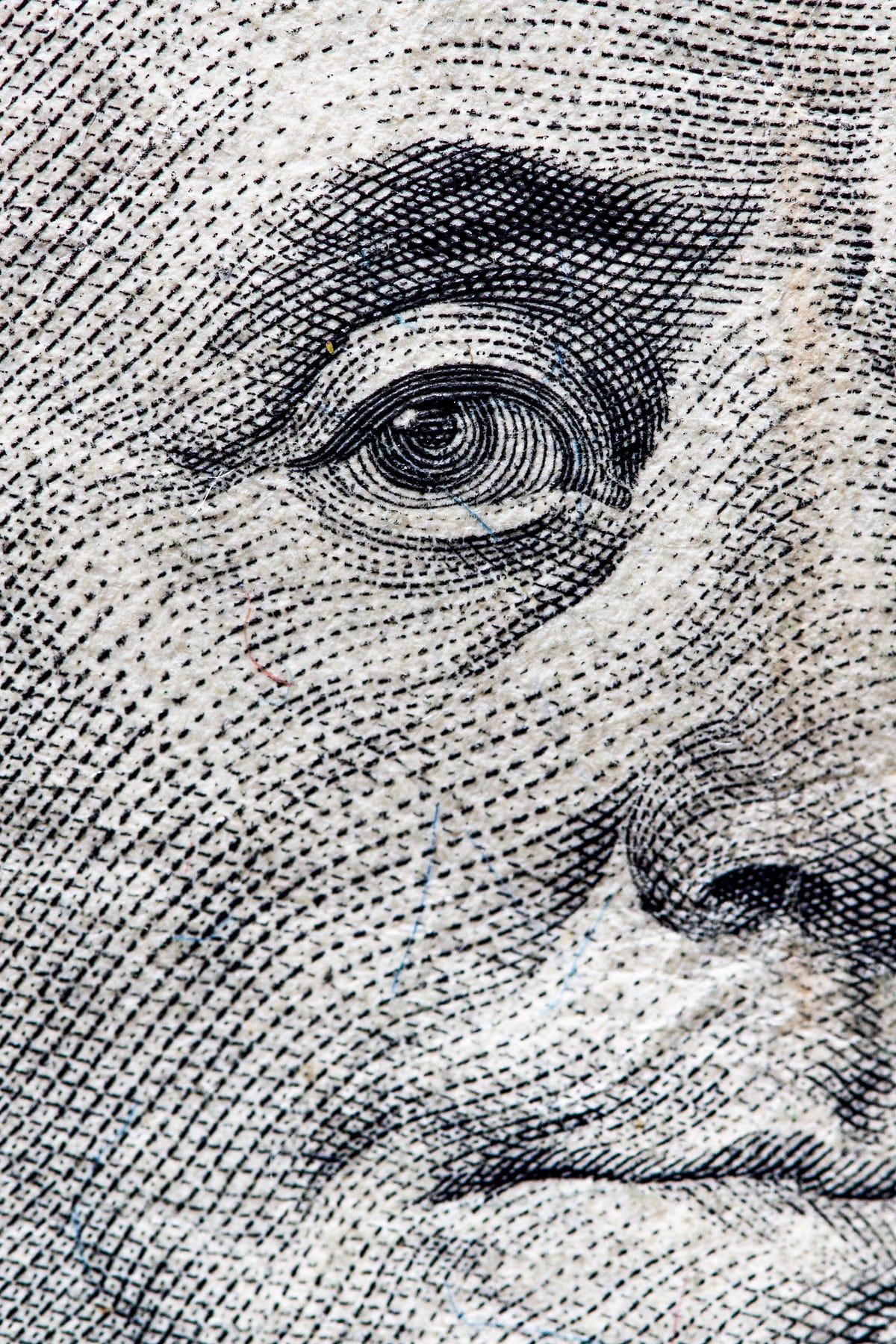Following the capital reveals how wealth has shifted between different kinds of businesses and individuals during the Covid-19 crisis and amplified the economical inequality.

Looking back at all the global crises and wars, the money doesn’t simply disappear from the world. It just moves around at a remarkable pace at these unprecedented times. There is always someone making money out of the crises by using it as leverage and some others getting even poorer by burning their life savings.
Covid-19 is no different than the former crises. A certain minority added a significant sum to their wealth, whereas the unemployment numbers reached a peak and some people couldn’t afford to pay their rents.
There are certain directions these wealth transfers followed and I’ve gathered three of the most significant ones to open your eyes a little.
1. Traditional Industry Stocks to Tech Stocks
Stock markets are very important indicators of companies’ performance and also their valuation. Looking at the indexes like S&P 500 or Dow Jones, one can easily think that the whole market is doing well and everybody is buying stocks to protect their cash from a possible high inflation period after economies re-open. However, market cap changes during the Covid-19 period show that the index rallies mostly relay on certain few stocks.

FANG; Facebook, Amazon, Netflix, and Google (Alphabet) have been the biggest players behind the rally of the S&P 500. The bounce in the S&P 500 is not that remarkable without these stocks.
So, the initial wealth transfer is from traditional industry giants to technology companies. The graph above shows this shift has actually started around 2015 but the gap is at its peak currently.
Another indicator of this shift is the Nasdaq Composite Index closing above 10000 Dollars for the first time in history on the 10th of June 2020.
Of course, only those who could afford to invest these assets were able to benefit from this tech-driven stock rally.
2. Growth Start-ups to Rich in Cash Giants
Before the main driver of the companies became growth by surpassing the importance of profitability, the companies were used to keep some cash aside for rainy days.
However, the incredible race on growth pushed start-ups to raise funds through multiple investment rounds, even before becoming profitable and burn all the cash in hand to grow aggressively. Eventually, there was no cash aside to pay employees when the crisis hit hard and when their revenue streams dried out.
There has been a notable increase in bankruptcy filings during the pandemic, according to the American Bankruptcy Institute(CNBC, 2020).
In other words, the wealth has shifted and currently shifting from the start-ups with no cash in hand, who couldn’t stay under the water until the economy fully recovers, to the rich in cash giants, who see through the crisis.
In the post-corona period, the survivors will likely to claim all the gaps in market share left by those who stepped out of the game.
3. Offline to Online Businesses
Another direction the wealth transfer has followed has been from the offline companies, who were stuck at the old way of doing business and couldn’t manage to move their presence to the internet to the ones, who kept selling their goods and services through their internet stores.
Especially giants like Amazon saw a big surge in their sales numbers and announced $75bn revenue just in their first-quarter (The Guardian, 2020).
A simple store in your neighborhood had to pay rents and salaries to the employees they want to keep in longer-term without making a single dollar, whereas online businesses benefited from people bored at home and had some cash waiting in the bank account to be spent on all kinds of goods.
Other than these three, it’s possible to mention a shift from a service economy to a goods economy, from physical services to online services, á la carte restaurants to home deliveries and many more, but one thing is for sure that another crisis has been an opportunity for big to eat small and rich to grow the gap with poor. Economical inequality has again become tomorrow’s problem to resolve.
This piece is originally published in Medium!
Subscribe to my newsletter to get the future articles in your mailbox!
Disclaimer: This article is provided for informational or educational purposes only and is not any form of individualized advice. Use this information at your own risk.
